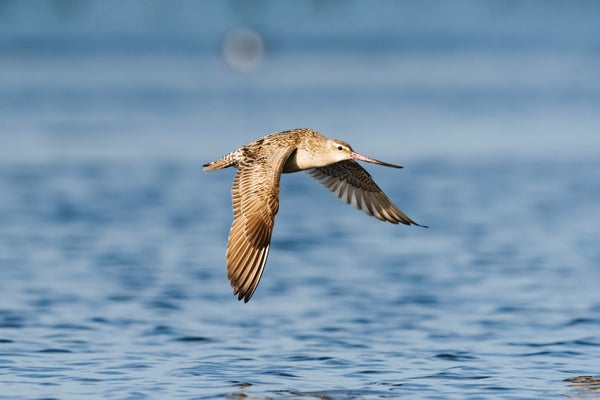
Why Feathers Are One of Evolution’s Cleverest Inventions
Fossil and living birds reveal the dazzling biology of feathers

Why Feathers Are One of Evolution’s Cleverest Inventions
Fossil and living birds reveal the dazzling biology of feathers
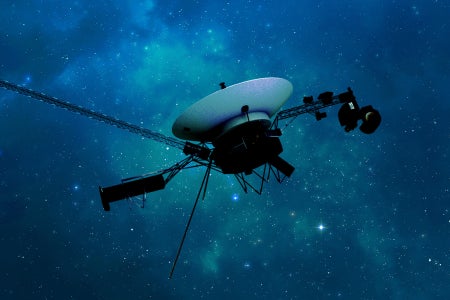
After Months of Gibberish, Voyager 1 Is Communicating Well Again
NASA scientists spent months coaxing the 46-year-old Voyager 1 spacecraft back into healthy communication
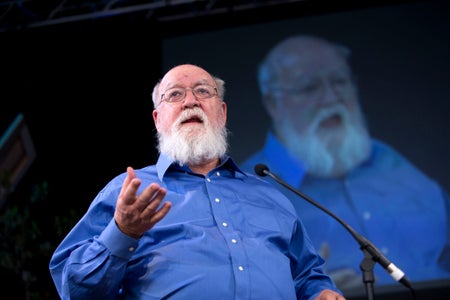
An Epitaph for Daniel Dennett, Philosopher of Consciousness
Is consciousness nothing more than an illusion? That idea defined the work of Daniel Dennett (1942–2024)
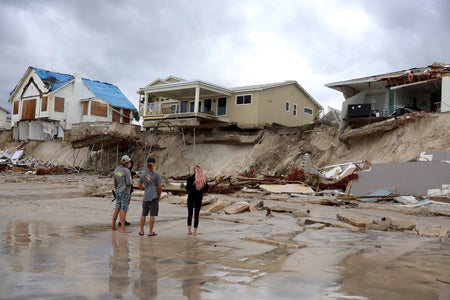
The U.S. Spends a Fortune on Beach Sand That Storms Just Wash Away
The U.S. is paying hundreds of millions of dollars to replenish storm-ravaged beaches in a losing battle against rising seas and erosion
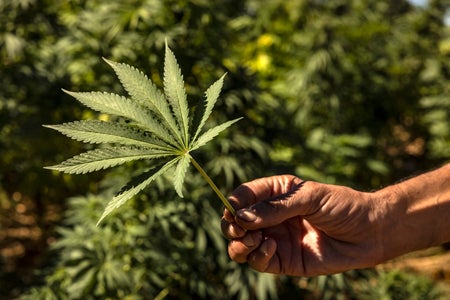
Lemon-Scented Marijuana Compound Reduces Weed’s ‘Paranoia’ Effect
The molecule that gives cannabis its citrusy smell can make THC less anxiety-inducing
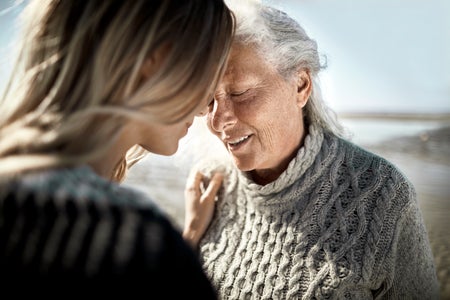
How Parents Can Heal Rifts with Their Adult Children
Repairing a broken parent-adult child relationship is possible if both sides approach it earnestly and honestly
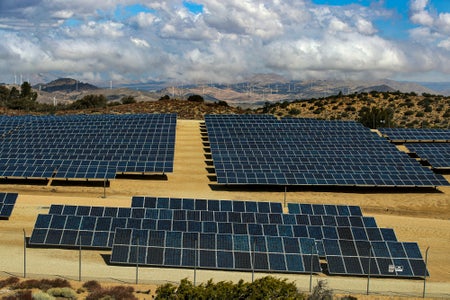
A Golden Age of Renewables Is Beginning, and California Is Leading the Way
California has hit record-breaking milestones in renewable electricity generation, showing that wind, water and solar are ready to cover our electricity needs